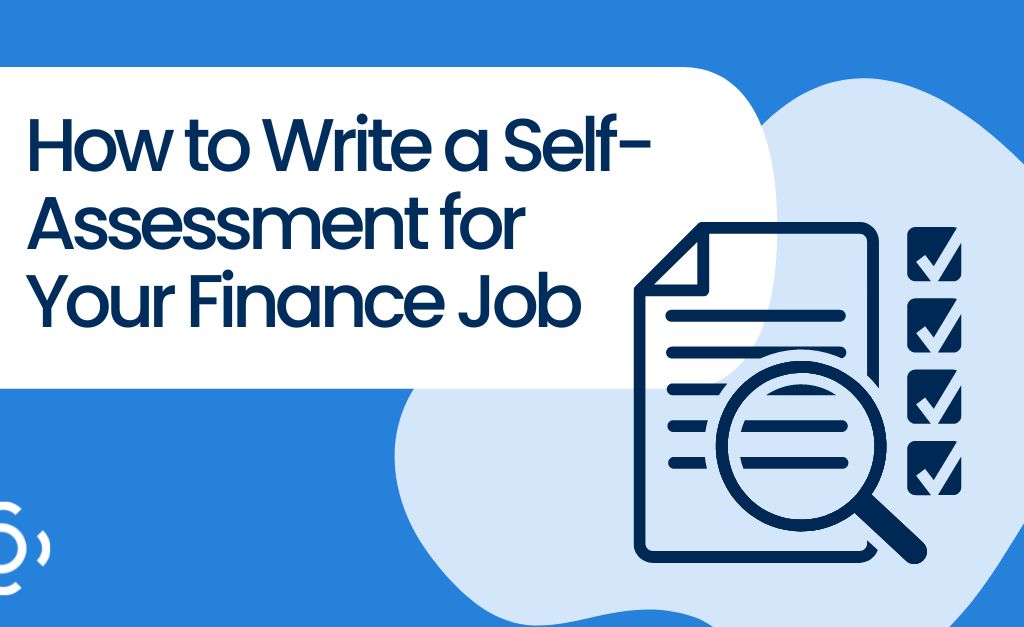For those with jobs in accounting, achieving work-life balance need not be an impossible pursuit. But it isn’t an easy one, either. Here are some tips for ensuring greater work-life balance as an accountant.
Find your perfect work-life balance.
Tip #1: Manage Your Expectations
By setting expectations that are unreasonable or too high, you’ll only wind up demoralized. Start each day—and each week—by setting goals that seem truly manageable, then do your best to follow through with them.
Tip #2: Know when to ask for help
People working at jobs in accounting are often self-motivated and accustomed to working independently. While you may thrive in a largely self-directed professional environment, this doesn’t mean you should rule out asking for help when it’s truly needed. Recognize when you are becoming overwhelmed with tasks or deadlines, and learn to delegate to co-workers or ask for help from your accounting manager before you burn out entirely. This may make you feel incapable, but it actually leads to greater overall efficiency.
Recognize when you are becoming overwhelmed, and learn to delegate to co-workers or ask for help before you burn out entirely.
Tip #3: Set boundaries
In this era of frenetic e-mail communication, it can be tempting for people with jobs in accounting to essentially feel they need to be at the beck and call of managers, colleagues or clients, answering e-mails or phone calls at all hours of the day and night. To maintain a sensible work-life balance and avoid burnout, it’s important for people with jobs in accounting to set concrete boundaries around when they will no longer answer work e-mails.
…it’s important for people with jobs in accounting to set concrete boundaries around when they will no longer answer work e-mails.
Depending on your schedule and obligations, establish a cut-off time after which you will absolutely (barring emergency) stop checking and responding to work e-mails. The same goes for weekends; if you are committed to working on them, at the very least set concentrated blocks of time in which to work and respond to work correspondence, then allot the remaining time for personal time or time with friends and family.
Tip #4: Study your employer’s policies
People with jobs in accounting firms may often not be fully up-to-date on their company’s policies around things like flextime, maternity/paternity leave, sick leave or personal days, and the option to work from home. By becoming well-versed in the benefits or accommodations you’re entitled to will help you avoid burnout and preserve work-life balance particularly in times of personal stress or upheaval.
People with jobs in accounting should avoid, at all costs, falling into the super(wo)man trap. You cannot, and shouldn’t be expected to, do it all, so establish—then stick to—reasonable goals and expectations, and ensure that you stay as sane and efficient as possible at your accounting job.

